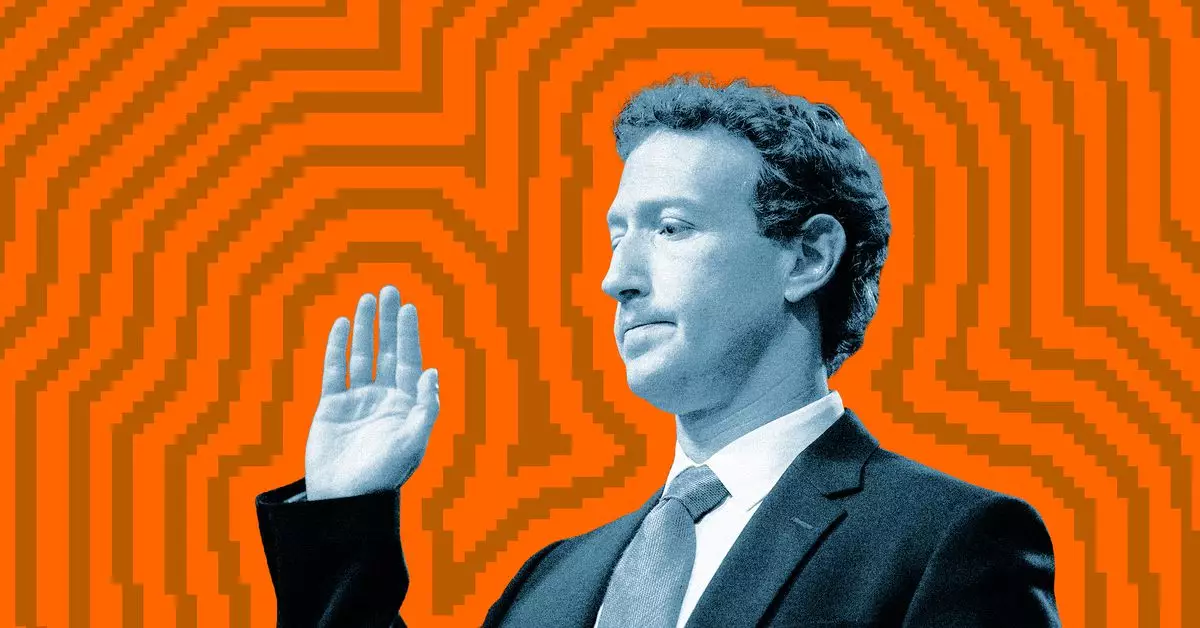In an era where the technology sector influences many facets of society, the recent dinner between Meta’s CEO Mark Zuckerberg and President-elect Donald Trump raises critical questions about the relationship between tech moguls and political leaders. This high-profile meeting, held at Trump’s Mar-a-Lago estate, signifies not just a casual encounter but a potential reshaping of how technology companies like Meta engage with political figures.
Mark Zuckerberg’s invitation to dinner with Trump invites scrutiny, especially considering the complex backdrop of recent political events. As the head of Meta, a company that has been instrumental in shaping digital communication and information dissemination, Zuckerberg finds himself in a unique position of influence. The tech industry is often accused of swaying political outcomes, a claim that gained traction during the 2020 presidential elections. Meta has faced considerable backlash over its role in the dissemination of information and misinformation during this period, making any interaction with Trump particularly noteworthy.
Moreover, the dinner has been clouded by the comments made by Meta spokesperson Andy Stone, who acknowledged the significance of the occasion. He framed it as an opportunity to discuss the future of American innovation, suggesting that Zuckerberg’s engagement with political leaders is essential for technological advancement. However, such a narrative prompts a discussion about the ethical responsibilities of tech leaders and the implications of their alliances.
The dinner has also reignited debates over Facebook’s (now Meta’s) impact on political discourse. Critics have voiced concerns over the platform’s role in the 2020 presidential race, pointing out how it may have manipulated voter perceptions. There are calls for accountability, with voices urging for Zuckerberg to be punished for the perceived irresponsibility linked to how Facebook handled political advertisements and information.
Furthermore, Zuckerberg’s personal donations to initiatives supporting mail-in ballots during the election cycle have drawn ire, with some claiming these actions skewed the fairness of the electoral process. As the tech industry continues to grapple with the repercussions of its influence on democracy, the implications of a dinner between Zuckerberg and Trump cannot be underestimated.
This meeting serves as a salient reminder of the intertwined nature of technology and politics. It raises questions about the power dynamics at play and the responsibilities that accompany such influence. As tech companies become vital stakeholders in shaping political narratives, leaders like Zuckerberg need to navigate carefully. The aftermath of this dinner could signal a shift in how technology executives approach political relations, particularly in a landscape where public trust hangs in the balance.
The dinner between Zuckerberg and Trump isn’t merely a social engagement; it’s a flashpoint that elucidates the growing intersection between technology and governance. The repercussions of this meeting could have far-reaching implications, shaping future policies, public perception, and ultimately, the relationship between innovation and democracy. As the landscape continues to evolve, the need for transparency and ethical engagement in the realm of technology cannot be overstated.

